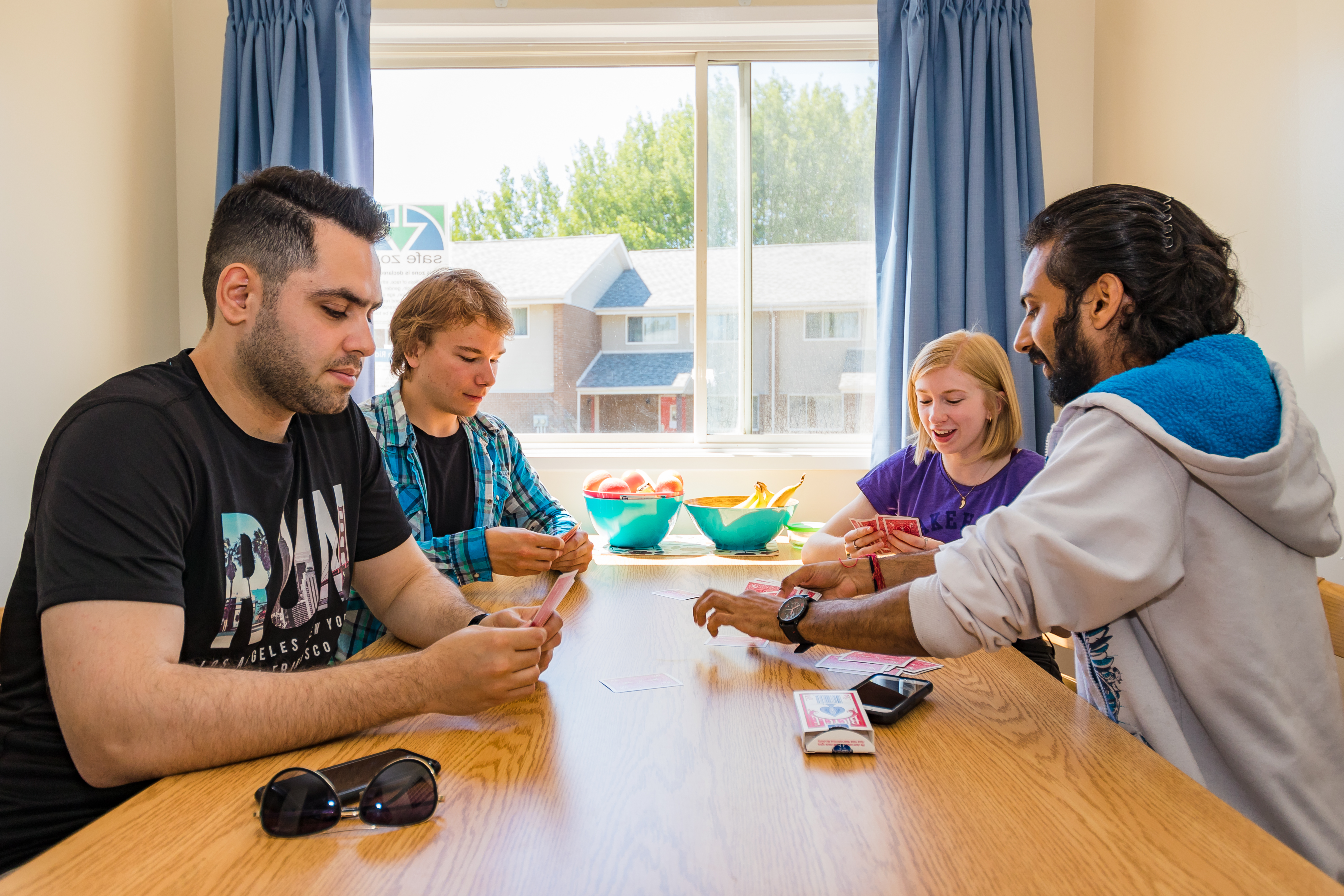How to Be a Good Roommate
Make a Cleaning Schedule
Create a Chore Chart
Talk about making a chore chart or schedule with your roommates. This helps divide cleaning tasks evenly, so nobody feels like they’re always doing the same chore or pulling the weight. Whether alternating between cleaning tasks or finding another system, a chore chart ensures everyone is pitching in.
General Upkeep
For everyday tasks like doing dishes or wiping down counters, a good rule of thumb is to leave shared spaces cleaner than you found them. Everyone is cleaning up after themselves, so cleaning those areas for the weekly chores will be easier.
Set Clear Expectations
Everyone defines ‘clean’ differently. Have an open conversation about what ‘clean’ and ‘dirty’ look like for you. Talk about things such as how quickly dishes should get done after use and how often common areas will be cleaned. On the topic of cleaning, you might want to talk about cleaning products, and if you share, or each have your own. A discussion like this helps prevent misunderstandings and ensures everyone is on the same page.
Communicate with Your Roommates
Address Issues Early
If something is bothering you, whether it’s your roommates' noise levels or cleaning habits, address it early. Waiting too long leads to built–up frustration, tension, and unnecessary conflict.
Give Notice
If you’re planning to have friends over or have a big exam coming up, let your roommates know in advance. That way your roommate can plan what they want to do. They may go elsewhere to study or may ask to join you and your friends. They’ll be more likely to be conscious of noise and disturbing you if you are studying for something. Just keep them in the loop!
Respect Personal Space
Living together doesn’t mean you have to spend all your time together. It’s important to have alone time to relax and recharge. Respecting each other’s need for personal space can help everyone feel more comfortable, and reduce potential conflicts.
Discuss House Rules
Guests and Noise
Talk about how you’ll handle guests and noise levels. Will you send a heads-up text when someone is coming over? Do larger gatherings require more notice? What are your usual sleep schedules, and what’s an acceptable noise level? Also, discuss your attitudes toward alcohol and cannabis in the home. Talking about these ahead of time can prevent future conflict, or help when resolving conflict.
Set and Respect Boundaries
Discuss and establish boundaries with your roommates, and be mindful of theirs. Whether it’s about borrowing each other’s belongings, being in each other’s personal spaces, or respecting house rules.
Living with good roommates can truly make your time at university feel like a home away from home, especially when you build strong friendships with them. On the other hand, having roommates you don’t get along with, or who don’t help clean, can be stressful. Remember, a little communication goes a long way to prevent conflicts. Utilize your resources to deal with these situations, like ResLife staff, your support system, and if needed, counseling support through Student Health and Wellness.
–Aaliyah Stewart, SHW Summer Research Assistant




